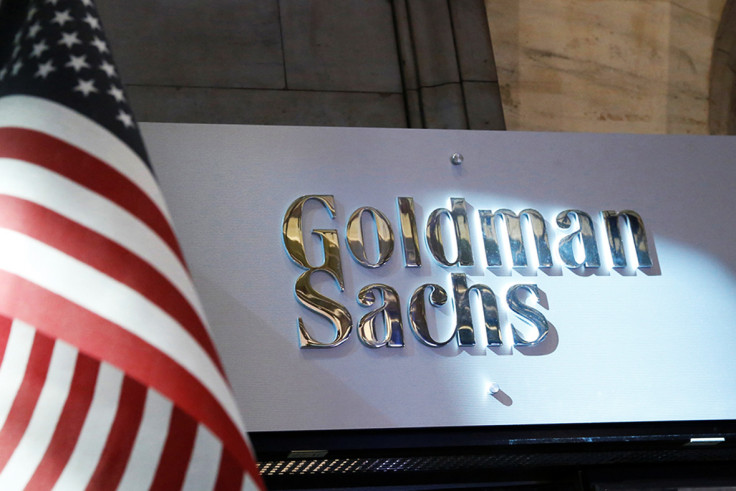Goldman Sachs wins $1bn lawsuit with the Libyan Investment Authority
Goldman Sachs was accused of taking advantage of LIA's limited experience and forcing it into risky derivative trades.

Goldman Sachs on Friday won a lawsuit filed against it by the Libyan Investment Authority (LIA), a government-managed sovereign wealth fund. The Libyan fund had sued the American investment bank for $1.2bn (£984m) over losses that it had incurred from derivatives purchased in 2008.
The LIA had alleged that Goldman Sachs had wooed the fund's officials with prostitutes, fine-dining in London's best restaurants, five star accommodation and holidays. It also accused the banking firm of having taken advantage of the LIA's limited experience and forcing it into risky and, what has turned out to be loss making, derivative trades.
The fund's lawyer, Roger Masefield QC, had in a previous trial told the High Court in London that Goldman Sachs had made "eye-watering profits" by exerting "undue influence" over LIA's officials, who didn't understand the trades. The fund had claimed that while the investment bank had made more than $200m in profits from the nine equity-derivative trades it had arranged for the LIA in 2008, the fund had lost its entire $1.2bn investment, from those trades.
Justice Vivien Rose, a High Court judge in London, however, dismissed LIA's claims on Friday. "It was not Goldman Sachs' fault...The key people in the LIA who needed to understand the trades did discuss and agree the structure of the trades with Goldman Sachs....There are no grounds for concluding that the level of profits earned by Goldman Sachs on the disputed trades was excessive," she was quoted as saying by the Wall Street Journal.
With regards to the gifts handed out by Goldman Sachs to the LIA staff, the judge said, "There was no protected relationship of trust and confidence between the LIA and Goldman Sachs...Their relationship did not go beyond the normal cordial and mutually beneficial relationship that grows up between a bank and a client."
Goldman responded to the judgment by saying, "We are pleased to win this case, with a comprehensive judgment in our favor." The LIA on the other hand said, that it was "naturally disappointed" with the judge's verdict. "Time will be needed fully to digest the judgment, and all options are being considered at this time," it added.
While the ruling follows a two-month trial, the LIA is said to still have the right to appeal the verdict.
© Copyright IBTimes 2025. All rights reserved.



















